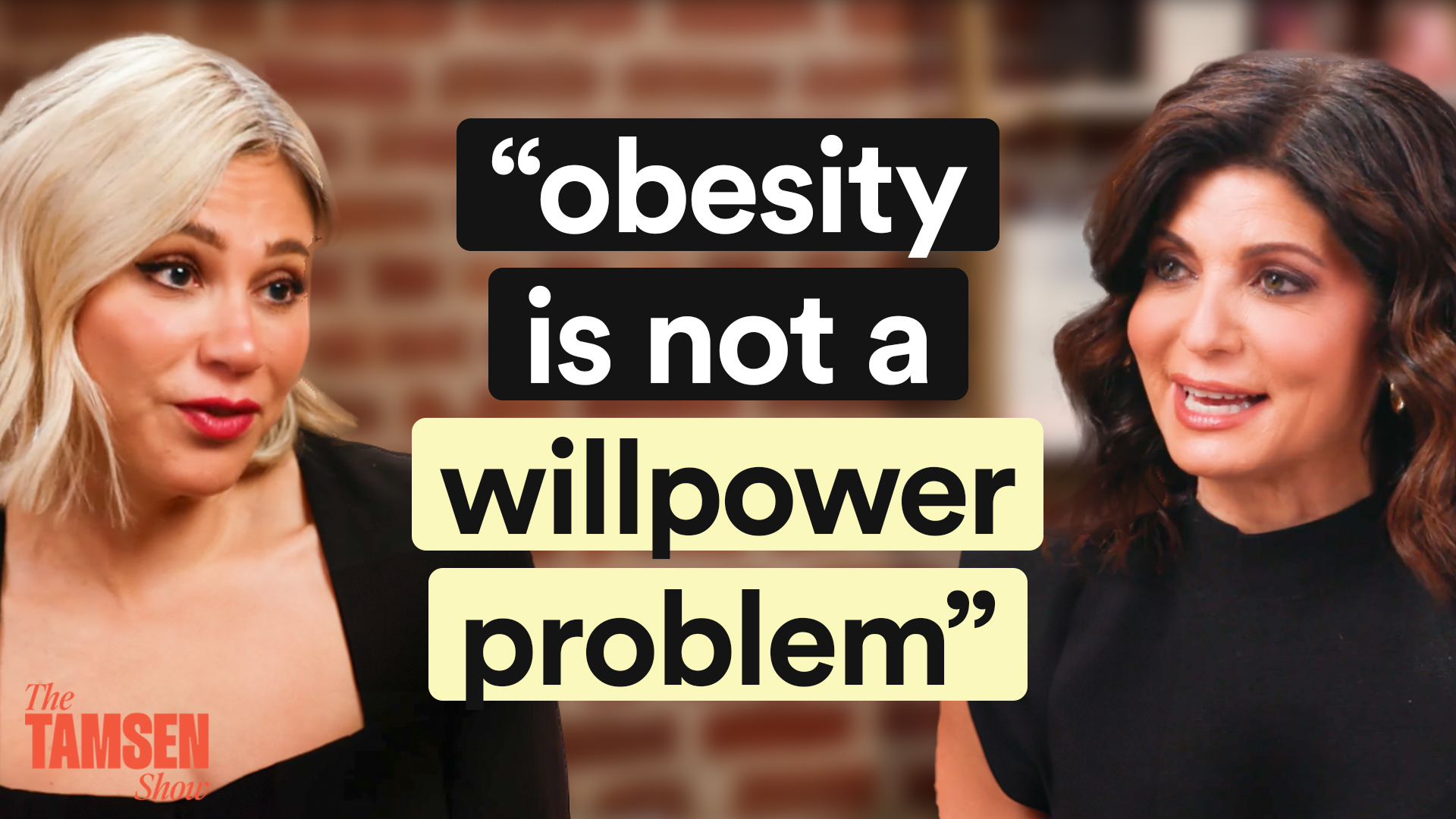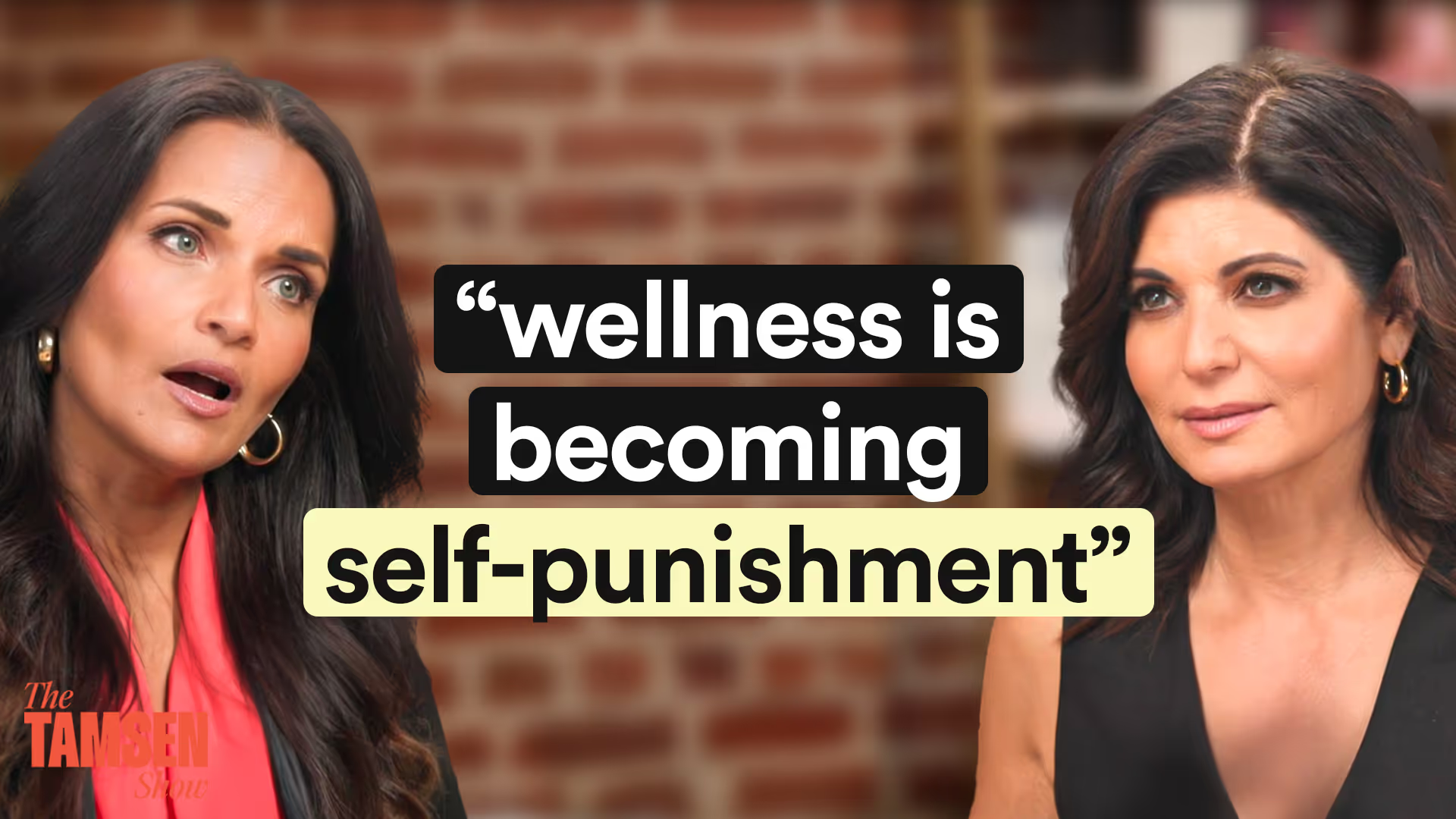Have you ever woken up with a plan for the day, only to feel too exhausted to follow through? The inexplicable lack of energy and constant burnout really impacted my performance at work and my social life. Fatigue during menopause is a common symptom and can be incredibly frustrating. This persistent tiredness can leave you feeling drained and unable to focus, no matter how much rest you get. The hormonal fluctuations during menopause, particularly the decline in estrogen, can disrupt your sleep patterns, leading to poor quality sleep and exacerbating daytime fatigue. Understanding and addressing this symptom is crucial to maintaining your energy levels and overall well-being.
Why does fatigue occur during menopause?
During menopause, significant hormonal changes occur, particularly the decline in estrogen and progesterone levels. These hormones play a crucial role in regulating energy levels, sleep, and overall well-being. When their levels drop, it can lead to fatigue, poor sleep quality, and a general feeling of exhaustion. Menopause is often accompanied by other symptoms such as hot flashes and night sweats, which can further disrupt sleep and contribute to fatigue.
How can I deal with fatigue during menopause?
Prioritize your sleep
Establish a consistent sleep routine by going to bed and waking up at the same time every day. I know this sounds hard, but it will make all the difference. Also, create a comfortable sleep environment by keeping your bedroom cool, dark, and quiet. Try your best to avoid screens and scrolling before bedtime; blue light emitted by phones can really disrupt your sleep. Instead, try a quiet activity like picking up a book! Reading before bed really helps me get to sleep faster and more smoothly.
If you experience sleep problems such as insomnia, frequent waking, or restless sleep, talk toy your doctor. Conditions like sleep apnea or restless leg syndrome can significantly impact the quality of your sleep. Effective treatment of these issues can improve overall restfulness and reduce daytime fatigue.
Maintain a healthy diet
Maintain a balanced diet that includes a variety of fruits, vegetables, whole grains, lean proteins, and healthy fats. Nutrient-dense foods provide the energy and vitamins your body needs to function optimally. My biggest tip is to avoid eating large, heavy meals before bedtime. This can cause discomfort and interfere with your ability to fall asleep and stay asleep. If you’re feeling hungry late at night, opt for a small snack of something light and nutritious. My go-tos are a piece of fruit or a handful of nuts.
Drinking plenty of water throughout the day is also essential for maintaining your energy levels. Dehydration can easily lead to fatigue and reduced physical performance. Aim to drink at least eight glasses of water daily. And if you’re somewhere particularly hot or humid, drink more!
Make exercise a regular part of your routine
Schedule regular aerobic activities such as walking, swimming, or cycling into your day. These activities increase your heart rate and increase endorphin levels, which can help improve energy and mood. Regular aerobic exercise also enhances cardiovascular health, which helps keep your energy level boosted. One of my favorite parts of the day is my morning walk; they not only help my mind focus, but they also give me a natural boost that lasts all day.
Strength training is another form of exercise I learned is vital to an easier menopause experience. These kinds of exercises build muscle mass and support metabolic health. Strong muscles help maintain energy levels by improving your body's ability to perform daily tasks without unnecessary fatigue. Aim for at least two sessions of strength training per week, focusing on all major muscle groups.
Manage stress
Practice relaxation techniques such as deep breathing, progressive muscle relaxation, or guided imagery to manage stress and reduce anxiety. These kinds of techniques can help calm your mind and body, making it easier to cope with daily challenges and reducing the impact of stress on your energy levels.
Engage in mindfulness practices and meditation to improve focus, reduce stress, and promote emotional well-being. Regular mindfulness practice can help you stay present and reduce the mental strain caused by worrying about the past or future.
Hormone Replacement Therapy (HRT):
If fatigue is significantly affecting your quality of life, talk to your doctor about the option of HRT. It can help balance hormone levels and potentially reduce menopausal symptoms, including fatigue. During a visit with your doctor, you can weigh the benefits and risks of HRT and determine if it’s the right option for you.
Supplements
Consider adding supplements to your routine such as B vitamins, iron, and magnesium. They all have the potential to support energy levels and overall health. These nutrients are essential for energy production, oxygen transport, and muscle function. Herbal supplements like ginseng or ashwagandha are known for their energy-boosting properties. Ginseng can help enhance physical endurance and mental clarity, while ashwagandha can help reduce stress and improve overall vitality.
Always consult your doctor before starting any new supplement or vitamins!
Implement some lifestyle changes:
Now this may be a hard one, but I promise it will be worth it: reduce the amount of caffeine and alcohol you consume, especially in the afternoon and evening. This can really disrupt sleep and contribute to your fatigue. While caffeine does provide a temporary energy boost, it can also interfere with your ability to fall asleep later. And while alcohol may initially make you feel sleepy, it does disrupt your natural sleep cycle and will lead to poorer sleep quality.
Are you a smoker? If so, this is your sign to quit! Smoking can negatively impact energy levels and overall health by reducing lung capacity and circulation, which can lead to chronic fatigue and other health issues.
Monitor symptoms
Track your fatigue symptoms, noting when they occur, their intensity, and any potential triggers. This can help you and your healthcare provider develop an effective management plan. Keeping a journal can also help you identify patterns and make connections between your activities, diet, sleep, and energy levels. Identifying these kinds of patterns is so important in finding the right treatment course.
Also, never neglect your annual check ups. Regular health check-ins like this help catch and address any underlying health issues that may be contributing to your fatigue.
Set realistic goals
Recognize that you might need to adjust your daily activities to match your energy levels; there is nothing wrong with respecting what your body is going through. Create a prioritized list of tasks and allow yourself to rest and relax when you feel like you need it. One of the best ways to help that I have found is breaking my larger tasks into smaller, incremental tasks. And get comfortable with saying NO! It’s so easy to overcommit ourselves.
Fatigue during menopause can be challenging, but it can be managed effectively with a combination of prioritizing sleep, maintaining a healthy diet, engaging in regular exercise, managing stress, and possibly medical interventions. Always consult with your healthcare provider to develop a personalized plan that suits your specific needs and health profile. By making these adjustments, you can improve your energy levels and overall well-being. And always remember, there’s nothing wrong with asking for help from family and friends. Sharing responsibilities can help reduce your workload and stress, giving you more energy to focus on self-care. It’s important to communicate your needs and let others support you during this time.
Additional Resources:
Secrets To Thrive In Menopause: Download this free guide to learn my top secrets to thrive in menopause.
Menopause Symptom Tracker: Track your symptoms and get connected to physicians and organizations that can help you!
The information contained on this website is intended for informational and educational purposes only. It is not intended to be a substitute for the advice of an appropriately qualified and licensed physician or other healthcare provider.






.jpg)
.jpg)







